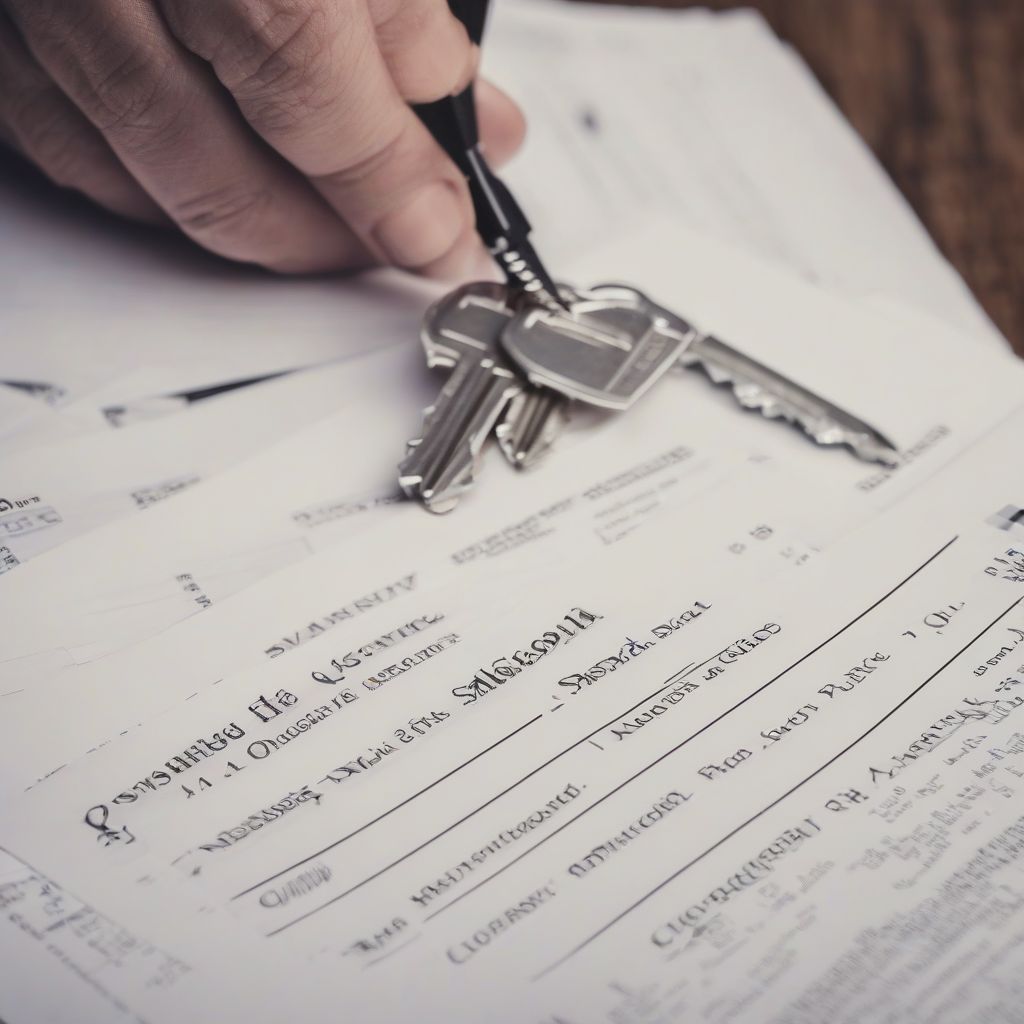
Getting a home loan, also known as a mortgage, is often the biggest financial decision many people make in their lifetime. It’s a significant commitment that paves the way to owning a piece of the American dream – your own home. Whether you’re a first-time homebuyer navigating the process for the first time or a seasoned homeowner looking to refinance, understanding the ins and outs of home loans is crucial. This comprehensive guide will walk you through the essentials of getting a home loan, empowering you to make informed decisions throughout your homebuying journey.
Understanding the Importance of a Home Loan
A home loan is a loan specifically designed to finance the purchase of a property. Unlike other types of loans, a home loan is secured by the property itself, which serves as collateral. This means that if you fail to repay the loan according to the agreed-upon terms, the lender has the right to foreclose on your property to recoup their losses.
Why Choose a Home Loan?
- Accessibility: Home loans make homeownership achievable for individuals and families who might not have the immediate funds to purchase a property outright.
- Investment Opportunity: Real estate is often considered a sound long-term investment. As you pay down your mortgage, you build equity in your home, which can increase your net worth over time.
- Tax Benefits: In many cases, the interest paid on a home loan is tax-deductible, providing potential tax savings.
- Stability and Security: Owning a home provides a sense of stability and security that renting may not offer. It gives you a place to call your own and the freedom to personalize your living space.
Navigating the Home Loan Process
Securing a home loan involves a structured process that typically includes the following steps:
-
Pre-Approval: Before you start house hunting, it’s wise to get pre-approved for a mortgage. This involves a lender reviewing your financial situation to determine how much you can borrow. Pre-approval demonstrates to sellers that you’re a serious buyer and can streamline the closing process.
-
House Hunting: Once you know your budget, you can start searching for your dream home. Work with a real estate agent to find properties that meet your needs and preferences.
-
Mortgage Application: After finding a property and having an offer accepted, you’ll need to formally apply for a mortgage with a lender of your choice. Be prepared to provide extensive financial documentation.
-
Loan Processing and Underwriting: The lender will verify your financial information and appraise the property to determine its value. They will assess your creditworthiness to determine the loan terms and interest rate you qualify for.
-
Closing: If your loan is approved, you’ll finalize the paperwork and sign the mortgage agreement at a closing meeting. This is when you officially become a homeowner.
 Closing documents
Closing documents
Key Considerations When Getting a Home Loan
- Credit Score: Your credit score plays a vital role in determining your loan eligibility and interest rate. A higher credit score generally translates into more favorable loan terms.
- Down Payment: The down payment is the upfront payment you make towards the purchase price of the home. A larger down payment can lead to a lower loan amount and potentially better interest rates.
- Debt-to-Income Ratio (DTI): Lenders assess your DTI, which compares your monthly debt payments to your gross monthly income. A lower DTI indicates lower financial risk.
- Loan Types: Various home loan options are available, each with its terms and conditions. Common loan types include conventional loans, FHA loans, VA loans, and USDA loans.
FAQs About Getting a Home Loan
1. How much can I afford to borrow?
The amount you can borrow depends on factors such as your income, expenses, debts, credit score, and down payment. Using a mortgage calculator and consulting with a loan officer can provide personalized estimates.
2. What documents do I need for a mortgage application?
Be prepared to provide documents like pay stubs, tax returns, bank statements, W-2 forms, and proof of assets.
3. How long does it take to Get A Home Loan?
The mortgage process can take anywhere from a few weeks to several months, depending on factors like the lender’s workload and the complexity of your application.
4. What is an escrow account?
An escrow account is a separate account held by the lender to pay for property taxes, homeowners’ insurance, and other related expenses.
Conclusion
Getting a home loan is a significant step towards homeownership, and understanding the process and key considerations is essential. By being prepared, researching your options, and working closely with experienced professionals, you can navigate the mortgage process with confidence and achieve your dream of owning a home.


